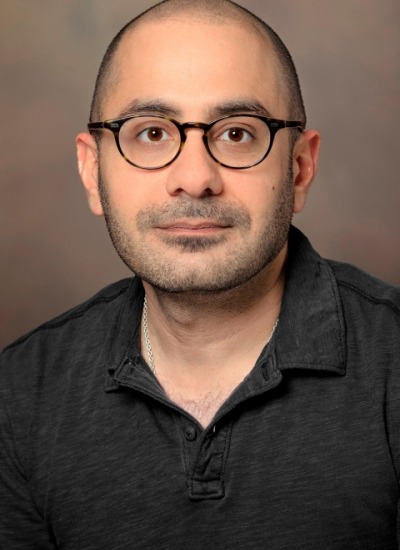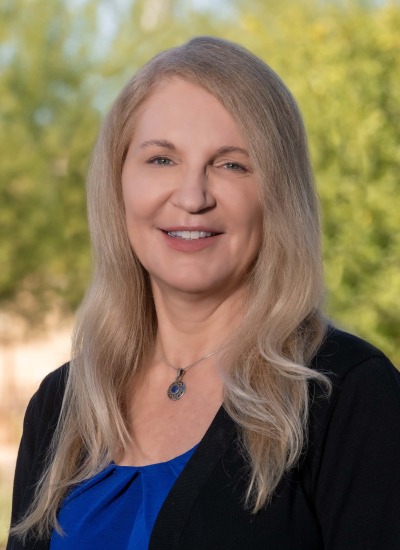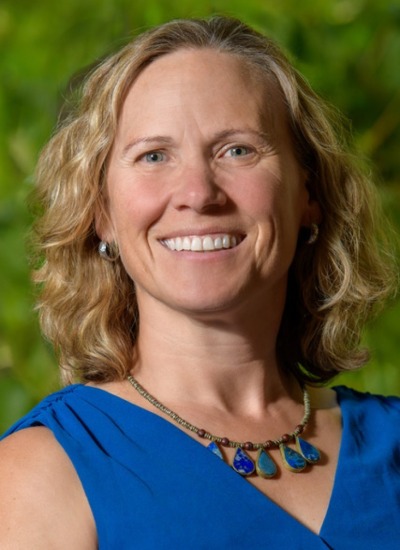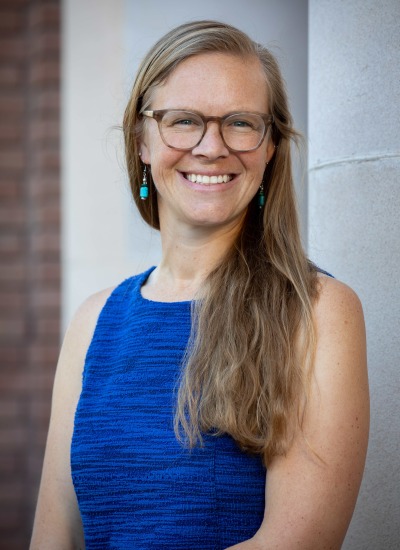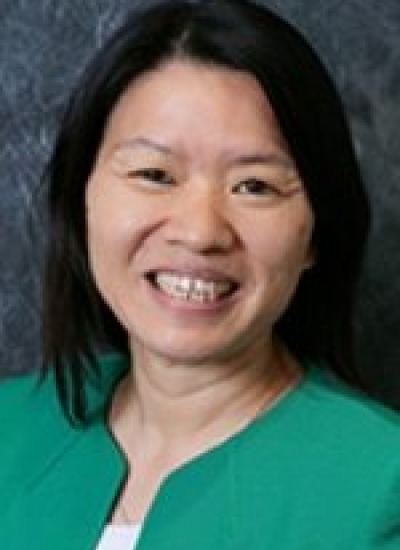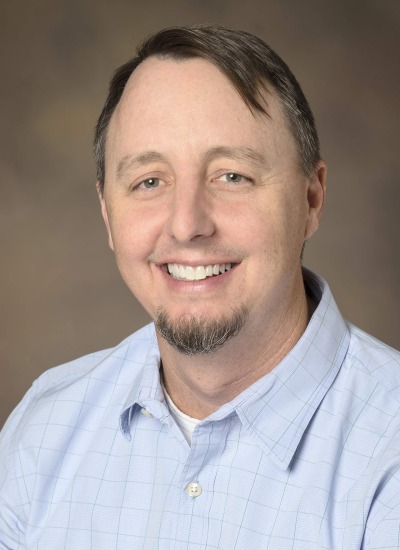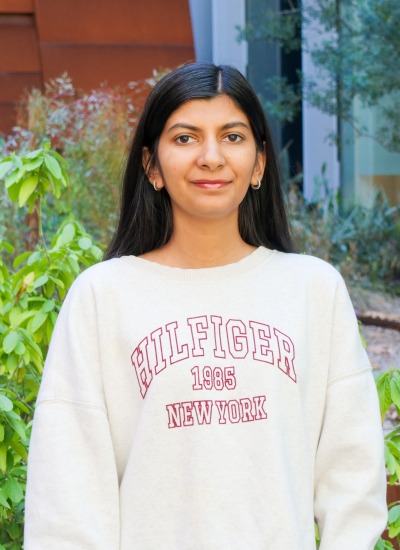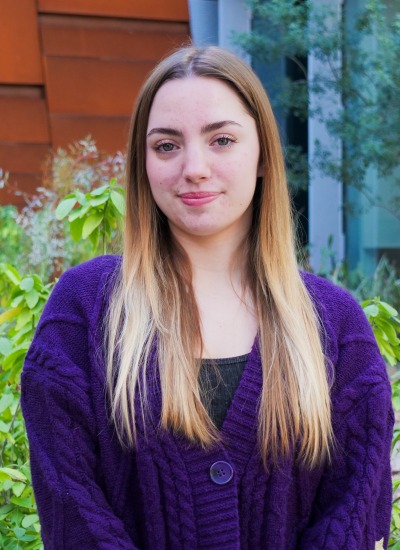Juyoung Park
Member of the Graduate Faculty
Professor
Primary Department
Department Affiliations
Work Summary
Dr. Juyoung Park holds the position of Professor in the University of Arizona (UA) College of Nursing and serves as the Associate Director of the Brain Digital Technology Laboratory within the UA College of Nursing. She is recognized as a Fellow of the Gerontological Society of American Health Science Section. Dr. Park's research is centered on chronic pain and nonpharmacological pain management for older adults with chronic conditions, including osteoarthritis and dementia. Her approach encompasses complementary/mind-body alternative medicine, such as online chair yoga and qigong, as well as innovative brain stimulation techniques utilizing technology and diverse designs. Currently, she serves as a Co-Investigator on two R01 projects. The first project focuses on nonpharmacological multimodal pain therapies, specifically combining transcranial direct current stimulation (tDCS) with mindfulness-based meditation. The second project explores the relationship between social isolation and cognitive function in rural and racially/ethnically diverse older residents at risk for Alzheimer’s disease.
Dr. Park has received training grants to conduct research on aging from the National Institute on Aging, the National Institutes of Health (NIH) Office of Behavioral and Social Science Research, and the John A. Hartford Foundation. She has enhanced methodological skills in longitudinal design, clinical trials, and advanced statistics. She was recognized as a Hartford Faculty Scholar and received funding from the John A. Hartford Foundation to conduct research entitled Utilization of Nonpharmacological Pain Management Among Racially and Ethnically Diverse Older Adults in South Florida. She recruited racially and ethnically diverse (African American, European American, Hispanic/Latino, Afro-Caribbean) older adults with chronic pain to explore the influence of ethnicity on barriers and facilitators in the use of nonpharmacological pain treatment. As PI or Co-PI on several intramural, foundation, and NIH-funded grants, she has successfully administered a range of funded projects (human subject protection, data safety and management, budget).
Dr. Park is a member of the Gerontological Society of America and the UA Pain Society. She has received several publication awards, including Journal of Public Health best paper of the year, Editor’s Choice Award, American Society of Healthcare Publication Bronze Award, and the Rose Dobrof Award from the Association of Gerontology Education in Social Work. She was a young investigator in the U.S. Bone and Joint Initiative and was named Hartford Geriatric Social Work Faculty Scholar.




